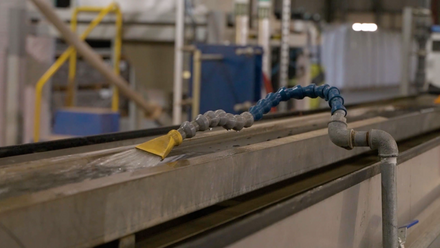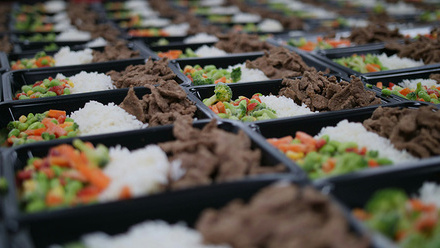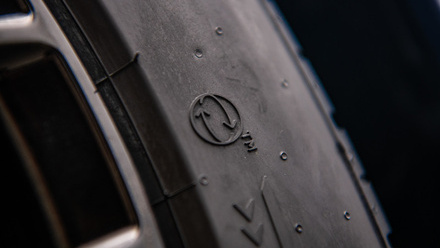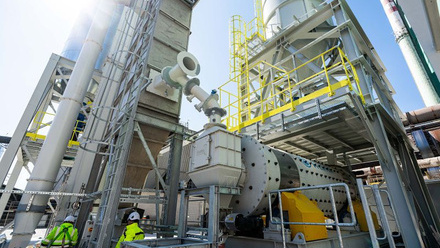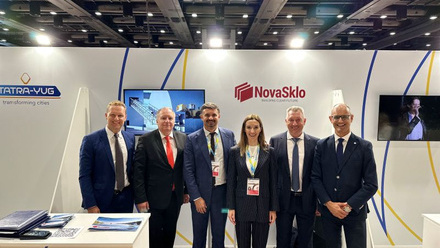Working to re-use waste plastics as petrochemicals
Despite efforts to promote recycling and reuse of plastic materials, plastic waste remains an issue.
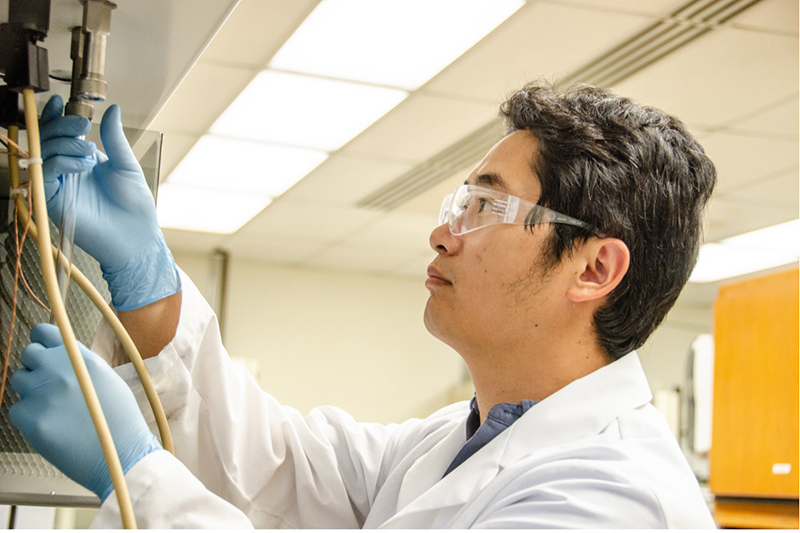
In the US, West Virginia University engineers hope to debottleneck the remaining challenges for recycling of single-use plastic packaging by upcycling them into petrochemicals. Funded by a US$859,136 grant from the REMADE Institute, a public-private partnership established by the US Department of Energy and Braskem, the researchers aim to increase the recycling rate of single-use plastics by converting plastic waste into valuable aromatics used to create petrochemical materials.
Yuxin Wang, research assistant professor of chemical and biomedical engineering and principal investigator of the project says, ‘Over the past decade, great efforts have been made to upcycle single-use plastics, especially thermochemical technologies. However, all thermochemical processes suffer from severe challenges. As a result, it is difficult to achieve upcycling efficiently by these energy intensive and complex processes.’
The researchers from the Statler College of Engineering and Mineral Resources will use a one-step microwave catalytic process to upcycle single-use plastics into high-value benzene, toluene and xylene (BTX) for use as petrochemical materials. Wang suggests that this will enable cross-industry reuse of recycled feedstock and reduce primary fossil fuel consumption.
‘The produced ethylene and BTX aromatics from plastic upcycling can be used as feedstocks to re-make plastics,’ Wang notes, ‘That will reduce demand on fossil fuel-derived ethylene and BTX aromatics from conventional petroleum refinery, leading to a reduction in greenhouse gas emissions.’



